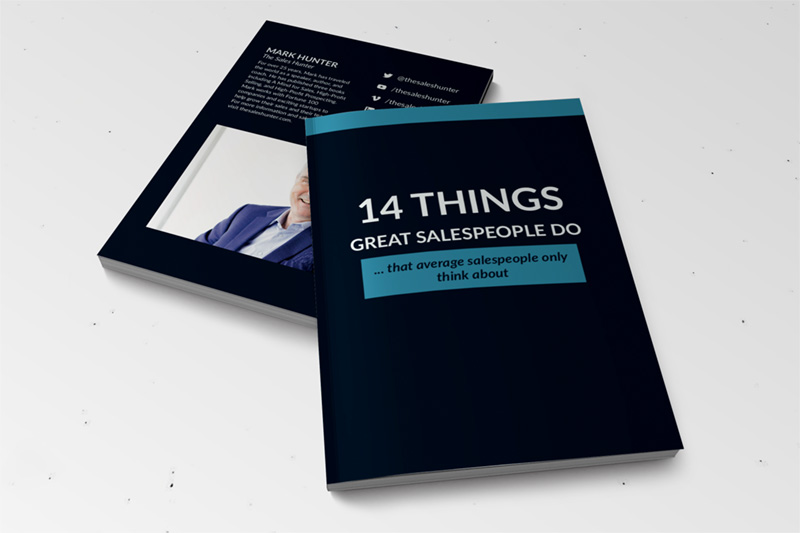 Okay, it wasn’t quite a crisis.
Okay, it wasn’t quite a crisis.
But some of you may have noticed that over the past few days, there were a few spammy posts on my site.
We had a glitch in our website that allowed a few uninvited people to sneak into the party through an unlocked door.
Fortunately, we caught it fairly quickly, but not before about a dozen spam posts made their rounds through my channels on Facebook, Twitter and Linkedin.
Ahhh…. the joys of technology.
Even something like this has lessons for those of us in sales.
Here are 3 things my website crisis taught me about sales:
1. Don’t panic.
When things go wrong, panic isn’t going to solve anything. Action is what gets things done.
As soon as I discovered the problem, I called my assistant who began immediately working closely with our web company (on a Sunday nonetheless) to resolve the problem quickly.
When you face a challenge in your sales career — (it really isn’t a question of if; it’s only a matter of when) — you need to remain calm. That’s what your company needs and what your customers need.
Focus on action to resolve the problem.
2. Remain positive.
This is a tough one. Just as we rely on technology to make things run smoother, we also rely on our sales processes to keep our profits coming in.
When we run into a glitch in those processes, our natural tendency is to let our attitude tank. In every difficulty, though, there usually is an opportunity to learn and get better.
That learning process will go smoother if you remain optimistic.
Plus, another advantage of optimism is it puts other people around you at ease. If you have a customer who is upset about a glitch, the more you can remain positive and emphasize your dedication to resolving the problem, the more highly that speaks of your integrity.
3. Relationships matter.
“No one is an island” is how the saying goes. We become amazingly aware of that when we run into a problem that we cannot resolve on our own.
Take the time now to invest in your relationships — with your customers, home office staff, colleagues and so forth. When we genuinely build solid relationships, we are better able to cope and navigate through unforeseen difficulties.
My assistant and the employees at the company that hosts our website likely wouldn’t have been so willing to handle the website glitch on a Sunday had I not over the past few years taken the time to invest in those relationships.
As salespeople, we are in an ideal position to build relationships based on mutual respect and kindness. That kind of solid foundation will not only help us grow our influence and sales numbers, but more importantly will reveal to us why we are in sales in the first place.
We are here to help people. That’s what we do. We help people get what they want and need.
A crisis doesn’t have to be a roadblock, if we don’t let it be. We simply have to be willing to take a deep breath and learn what opportunities the crisis holds.
Copyright 2012, Mark Hunter “The Sales Hunter.” Sales Motivation Blog.













2 Responses
Mark, Great points on how NOT to let circumstances dictate your attitude.
The point about relationships is also very good. Business and sales is about relationships; building them, maintaining them, growing them. Being able to leverage those relationships will yield results sometime later.
As an example, while working as the Marketing Manager for a software company, we experienced the benefit of continued relationship, even when the customer was leaving our firm. Remember Y2K? the hysteria that surrounded what turned out to be a non-event reinforced why relationships matter. We had a customer that was switching to a competitor’s solution, but was still using ours even though we did not know it at the time. We thought they had already dropped our solution.
On December 31, 1999, we had a team of developers at the office ready to help out any last minute calls. The president of our company got a call at home from what we thought was a former customer, that needed the dating system fixed in our solution they were still using. Rather then turn them away since we would not expect to receive any future revenue, our company president helped this former customer solve the problem.
A few years later this former customer came back and bought our solution again and spent millions with us…all because we took the time to solve their Y2K problem, professionally and with respect of the relationships we once had.